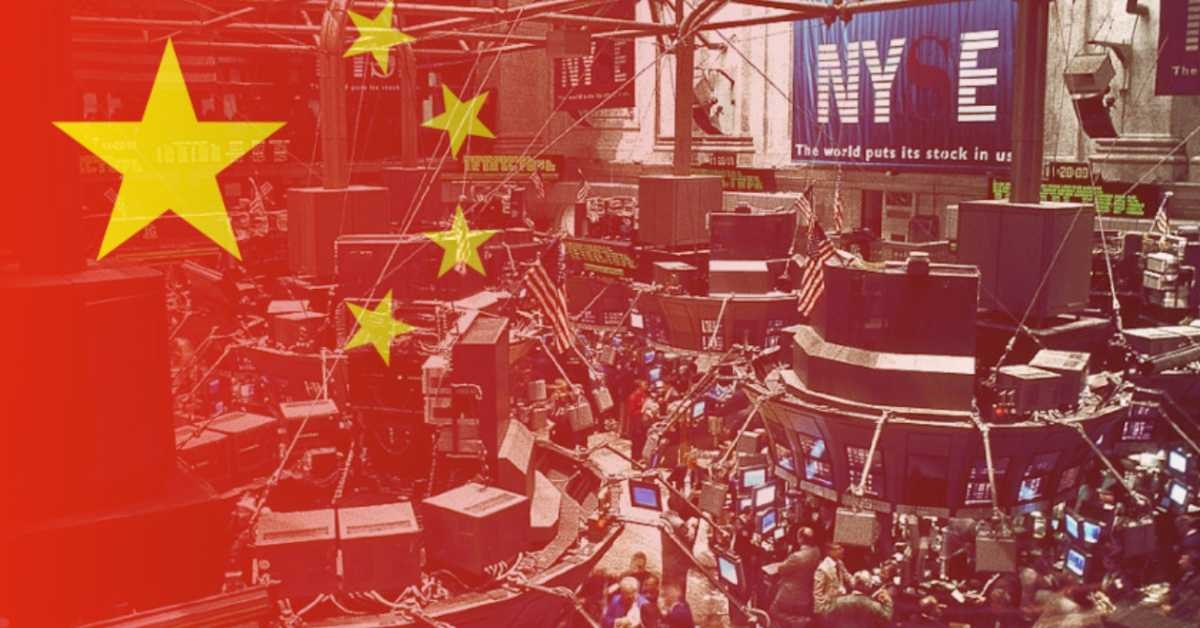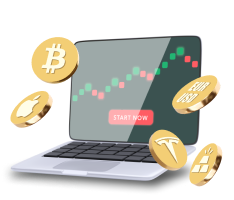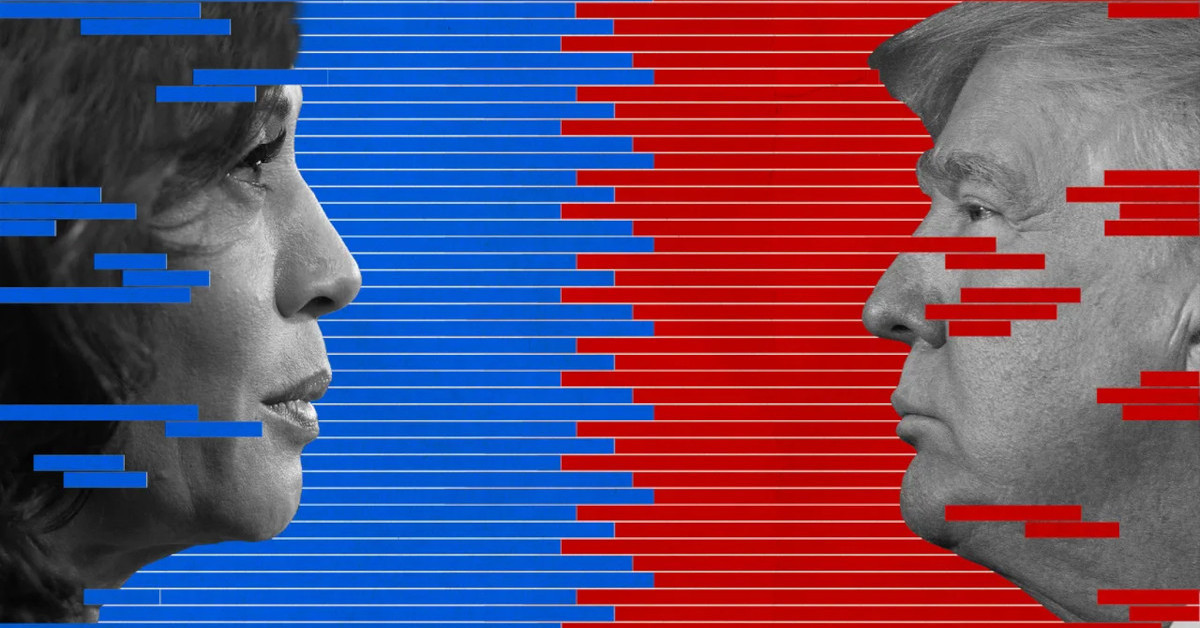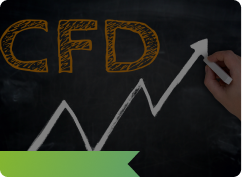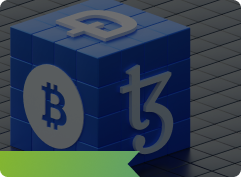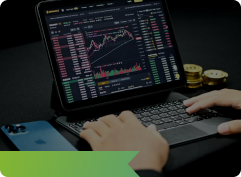The week began with negative sentiment after Chinese data!
While PBoC unexpectedly cut the rates to support the economy, Asian shares started with a mixed and negative sentiment on the first day of the week.
According to the data published on Monday, Retail sales and industrial outputs in China in July, both were softer than expectations, adding to a disappointing reading on new bank lending.
While PBoC cut the Loan Prime Rate to 2.75% from 3.70%, last week`s published data showed that new loans in China fell sharply to show the negative effects of quarantines imposed in the past few months. Also, as slowdown pressures increase in other economies, it can affect the Chinese factory production and export as well.
On the positive front, we can mention the unemployment rate that with a 0.1% decrease, fell to 5.4%. Positive labor market data and rate cut by PBoC, were the main reason that helped the Shanghai Index to regain its losses and close flat, while Hang Seng lost 0.67%. The Yuan fell to its lowest rate against the USD since May 16. Chinese 10-year bond yields also slipped to their one-year low at 2.67%.
While still, Investors remain anxious to see what FED going to decide in the next meeting and how Wall Street will react to that, the FOMC minutes that will publish this Wednesday, can confirm the hawkish tones from recent Fed speakers that were saying FED has no choice but raise the rates as inflation despite latest declines, still so high.
As a reaction, it seems like investors and traders believe that US inflation has peaked to ignore the FOMC members` hawkish comments. These hopes for a soft economic landing helped the US stock markets to raise. On the other hand, the yield curve is still deeply inverted and shows that traditional investors still doubt the soft landing. On top of that, the Geopolitical risks remain high with a delegation of US lawmakers in Taiwan for a two-day trip.
Still and considering all these conditions, so far SP500 and Dow Jones Industrial Average, are both gaining 0.5% and NASDAQ is up by 0.7%. However, it is still early to confirm the full uptrend, before the Jackson Hole Economic Symposium and the next US inflation data.
